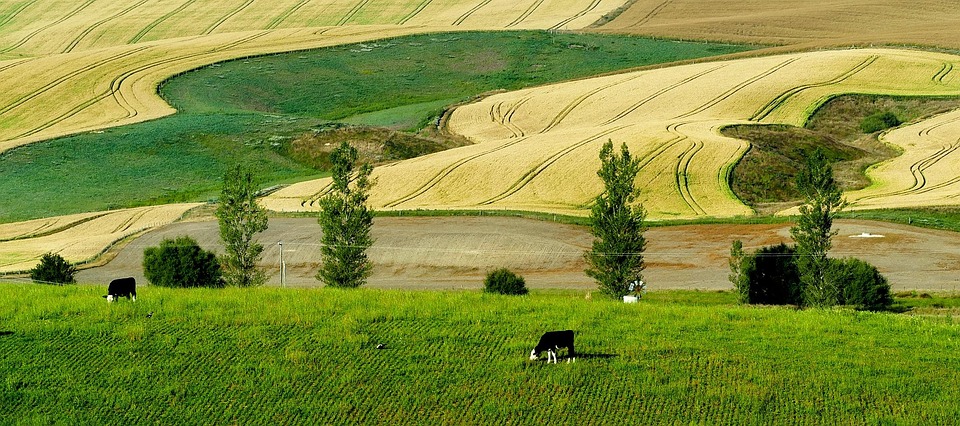” There is differences between the progress we see on paper and reality that we observe on the ground which continues to be ruined with violence“Said Bintou Keita, presenting the last report.
She underlined the progress since the signing of the Washington Agreement between the DRC and Rwanda on June 27, including the signing of a declaration of principle between the Congolese government and the rebel group AFC / M23 in Doha the following month.
The DRC has long accused Rwanda of supporting M23 and the developments came following a deadly offensive in the eastern provinces of northern Kivu and southern Kivu, launched at the end of last year, the rebels capturing cities and villages, including the provincial capitals Goma and Bukavu.
Montage of civilian deaths
” However, Peace was slow to feel on the ground“She said.
Since June, Monusco recorded some 1,087 civilians killed during violence in Ituri and northern Kivu, “and this toll increases day by day.”
Ms. Keita recalled that in February, the Council “had sent a clear message to all parties” by adopting Resolution 2773 (2025), which called for an immediate and unconditional cessation of hostilities.
Resolution “largely not implemented”
“Eight months later, the main provisions of resolution 277 remain largely without supporting.
Since taking Goma, they “have replaced formal institutions with alternative structures” and formed more than 7,000 new recruits.
“Monusco has received many requests for personal protection in the territories controlled by AFC / M23. In the territory of Rutshuru, July was the deadliest month since the resurgence of the group at the end of November 2021, “she added.
“This underlines the Persistent gap between the decisions of this council and the realities on the ground. “”
The displaced families of the Bulengo camp on the outskirts of Goma are faced with a terrible and uncertain future while the authorities of the M23 request to dismantle their makeshift shelters.
Other groups remain active
But “violence is not the field of a single armed group” because the Allied Democratic Forces (ADF) continued the attacks in northern Kivu and Ituri, linked to the terrorist group linked to the ISIL Islamist in the region. He has executed some 300 civilians in the last three months.
Meanwhile, the clashes between the militia of the Convention for the Popular Revolution (CRP) and the Congolese army, the FARDC, added to the toll. The attacks of the Cooperative for the Development of Congo (CODECO) also continue.
She also discussed the situation in the province of southern Kivu, even if it is no longer covered by the operational mandate of Monusco, where serious abuses and violations are committed by the armed groups Wazalendo and Allied.
Mission faces restrictions
Ms. Keita said that the difficult environment restricted Monusco’s ability to achieve her mandate, especially in Goma and other areas under AFC / M23 control.
“” Fuel and food supplies are delayed. Many rotations of troops are always blocked. Exhausted contingents remain in place for several months. The electricity and water cuts paralyze the bases and the survival systems. Goma Airport is still closed, “she said.
Humanitarians are also faced with obstacles such as roadblocks, the narrowing of access and attacks, thus affecting the delivery of aid.
Protect civilians, promote security
“” Despite this complex framework, Monusco continues to protect civilians as far as possible“, And his bases” shelter communities under an imminent threat, “she said.
On September 16, at least 600 women, the girls and the men’s boys took refuge in trenches at the Drodro base, the province of Ituri, during the clashes between Codeco and the Zaire group.
“Beyond these immediate responses, the wider presence of Monusco also offers communities a greater sense of security,” she added.
Millions that are hungry
Keita said that the humanitarian response plan for the DRC is funded at just over 15%, compared to 41% at the same period last year.
“The withdrawal of certain main donors has led to a collapse of financing“She said.
“Consequently, more than 27.7 million people face food insecurity, including 5.7 million in Ituri and in northern Kivu. In some places, the aid was suspended. Fewer people will receive help. For others, their rations will be reduced. “
In addition, maternal mortality increases and the gap between vital needs and available resources increases.
“The many shortcomings that I have described today negatively affect the population,” she told ambassadors, warning that ” If we cannot fill these shortcomings, millions of civilians will continue to pay the price. “”
Originally published at Almouwatin.com








